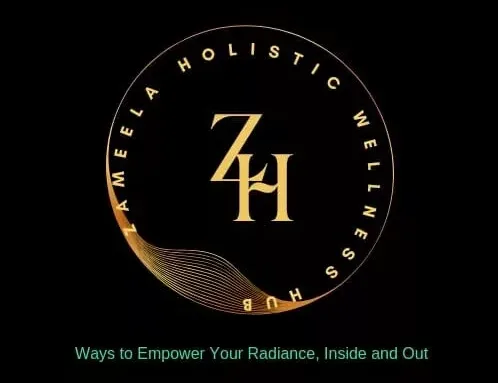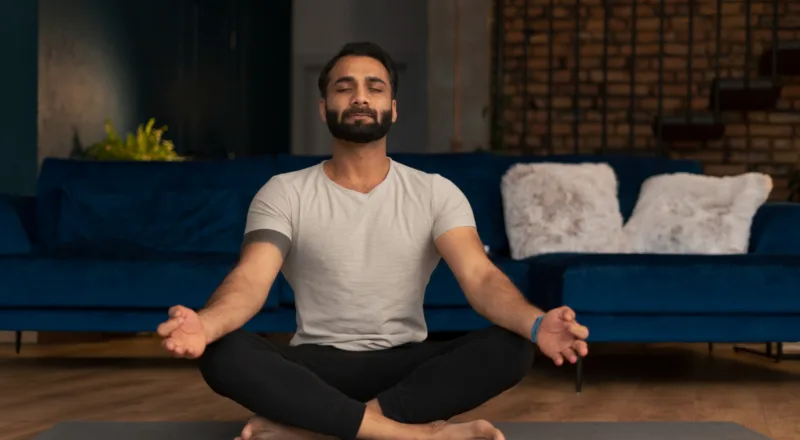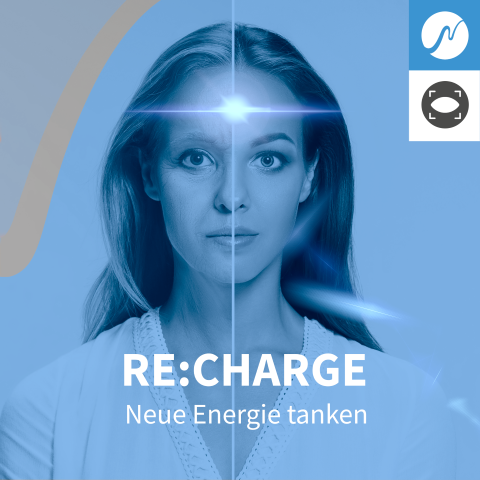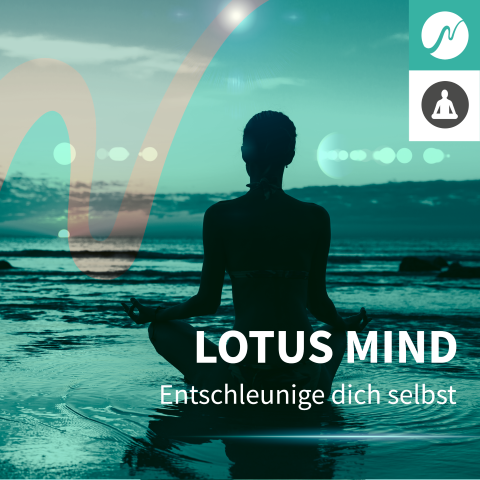Guided Meditations for Depression and Anxiety: 5 Powerful Paths to Unleashing Serenity
Guided Meditations for Depression and Anxiety: 5 Powerful Paths to Unleashing Serenity
Guided Meditations for Depression and Anxiety – Introduction:
Dealing with depression and anxiety can be challenging, and finding effective ways to manage them is essential. Guided meditations for Depression and Anxiety are a powerful tool that can help you gain a sense of control over your emotions and find inner peace.
In this comprehensive guide, we will explore the transformative power of guided meditation for depression and anxiety. We’ll discuss various benefits of guided meditation and how it can help you manage challenging emotions. From mindfulness meditation to relaxation techniques, you will discover practical approaches to integrating this practice into your daily routine.
Key Takeaways for Guided Meditations for Depression and Anxiety:
- Guided meditation can help manage depression and anxiety by improving emotional well-being.
- It is important to understand depression and anxiety before using guided meditation as a coping tool.
- Guided meditation promotes self-awareness, reduces stress, and improves overall relaxation.
- Mindfulness meditation and relaxation techniques can also be effective in managing depression and anxiety.
- Integrating guided ‘Meditations for Depression and Anxiety’ into your daily routine can lead to a more resilient and peaceful mind.
Understanding Depression and Anxiety: A Complex Duo
Depression and anxiety are two complex mental health conditions that can significantly impact daily life. Depression is a condition marked by feelings of sadness, hopelessness, and lack of motivation, while anxiety involves excessive worry and fear. Both conditions can lead to significant impairments in occupational, social, and personal functioning.
Depression and Anxiety Disorder in US
The prevalence of depression and anxiety is high, affecting millions of people in the United States. According to the National Institute of Mental Health (NIMH), in 2019, an estimated 19.4 million adults in the United States had experienced at least one major depressive episode in the previous year, while approximately 31.1% of adults had experienced an anxiety disorder at some point in their lives.
Causes of Depression and Anxiety
The causes of depression and anxiety are multifaceted, involving genetic, environmental, and social factors. Some of the common factors that might contribute to their development include stress, trauma, chronic illness, and substance abuse.
It is important to note that depression and anxiety are treatable conditions, and seeking support can make a significant difference in managing these conditions. There are various treatment options available, including medication, therapy, and lifestyle changes.

The Benefits of Guided Meditations for Depression and Anxiety
Guided meditation, a form of meditation led by a teacher or recorded voice, has several benefits for managing depression and anxiety. Incorporating this mindfulness practice into your routine can help reduce stress levels, increase self-awareness, improve focus, and promote relaxation. Let’s dive deeper into the various benefits:
Benefits |
Description |
|---|---|
| Stress Reduction | Guided meditation can help manage the physiological symptoms of stress, such as increased heart rate and blood pressure, by promoting relaxation and reducing tension in the body. |
| Improved Self-Awareness | Through guided meditation, you can develop a greater understanding of your emotions and thought patterns, allowing you to recognize negative self-talk and react with more compassion. |
| Better Focus | Guided meditation can improve cognitive function, increase attention span, and enhance problem-solving abilities, leading to better focus and concentration. |
| Promotes Relaxation | Guided meditation encourages deep, restful relaxation, which can reduce symptoms of depression and anxiety, promote better sleep, and improve overall physical and emotional health. |
By incorporating guided meditation into your routine, you can experience these benefits and achieve a greater sense of well-being. Whether you’re just starting or have been practicing for years, guided meditation can be an excellent tool for managing depression and anxiety.
Coping with Depression and Anxiety Through Meditation
Incorporating guided meditation into your routine can help you cope with depression and anxiety. With the right strategies, you can create a safe and comforting meditation space where you can let go of difficult emotions and find inner calm.
Guidelines for Dealing Depression and Anxiety
To facilitate coping with depression and anxiety through meditation, there are several guiding principles to keep in mind:
-
Non-judgmental awareness:
The key to effective meditation is to observe your thoughts, sensations, and emotions without judgment. Try to accept your inner experience, letting go of any resistance or self-blame.
-
Focusing on the breath:
Use the breath as an anchor to ground yourself whenever your mind wanders. Focus on the sensation of air moving in and out of your body, centering your attention on the present moment.
-
Relaxation response:
Practice relaxation techniques during meditation, such as deep breathing, progressive muscle relaxation, or visualization. This will help you reduce muscle tension, lower your heart rate, and calm your mind.
Additionally, you can use specific strategies for managing difficult emotions during meditation:
-
Labeling:
If you notice your mind drifting towards negative thoughts or emotions, try labeling them as “thought” or “feeling” instead of getting caught up in the content. This can help you create distance from your inner experience, reducing their emotional impact.
-
Focusing on positivity:
Try to cultivate positive emotions during your meditation practice by using visualization, affirmations, or recalling fond memories. This can provide a counterbalance to difficult emotions, helping you regain a sense of balance.
-
Taking breaks:
If you find that a particular meditation session is causing you more distress than relief, take a break. It’s okay to pause and come back later, or to try a different type of meditation that feels more aligned with your current needs.
Find Peace Within Yourself
Incorporating these strategies into your meditation practice can help you cope with depression and anxiety more effectively.
Remember to approach your practice non-judgmentally with an open mind and be patient with yourself as you build your meditation skills.
With time and practice, you can create a powerful tool for managing your mental health and finding peace within yourself.
Exploring Mindfulness in Guided Meditations for Depression and Anxiety
Mindfulness meditation is a technique that involves focusing on the present moment without judgment. This practice can be especially helpful for individuals struggling with depression and anxiety, as it allows us to tune out distracting thoughts and focus on our physical and emotional sensations.
The benefits of mindfulness meditation for depression and anxiety are many. By practicing mindfulness regularly, we can train our minds to better tolerate negative thoughts and emotions, which can help reduce overall levels of anxiety and depression over time.
Techniques to Deal with Depression and Anxiety
Mindfulness can also help us develop greater self-awareness, promoting a sense of calm and centeredness in our daily lives.
There are a number of mindfulness techniques and exercises that can be particularly useful for individuals struggling with depression and anxiety.
One popular technique is the body scan, which involves systematically focusing on each part of the body, from the toes up to the head.
This can help us become more aware of our physical sensations and develop a greater sense of relaxation and calm.
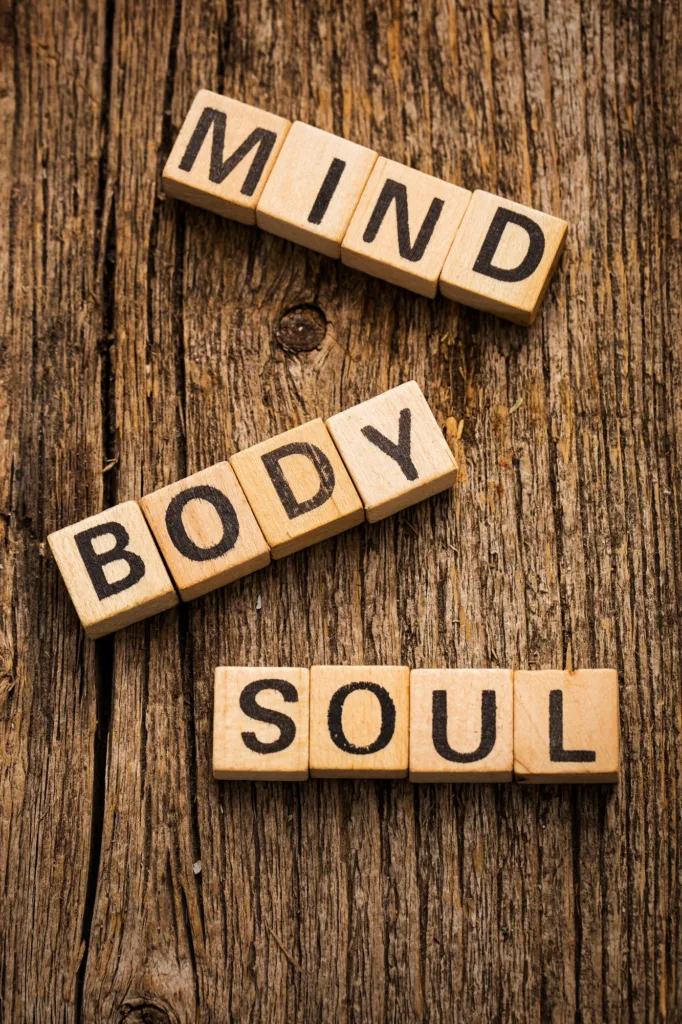
Mindful Breathing
Another useful technique is mindful breathing, which involves focusing on the sensation of the breath moving in and out of the body. This can help us develop greater awareness of our mental and emotional states, allowing us to recognize and respond to early warning signs of anxiety and depression.
Benefits of Mindfulness Meditation for Depression and Anxiety |
Techniques for Mindfulness Meditation |
|---|---|
| Reduces overall levels of anxiety and depression | Body Scan |
| Promotes greater self-awareness | Mindful Breathing |
| Fosters a sense of calm and centeredness | Acceptance of thoughts and Emotions. |
Acceptance of thoughts and emotions is another key aspect of mindfulness meditation for depression and anxiety. By learning to accept our thoughts and emotions without judgment, we can develop a greater sense of compassion for ourselves and reduce overall levels of negative self-talk.
Mange Depression and Anxiety
If you are interested in exploring mindfulness meditation for depression and anxiety, there are a number of guided meditations and resources available online. It may also be helpful to connect with a trained professional who can help guide you through the process and provide additional support.
Overall, mindfulness meditation can be a valuable tool for managing depression and anxiety, promoting emotional well-being and cultivating a greater sense of peace and serenity in our lives.
Relaxation Techniques with Guided Meditations for Depression and Anxiety
Guided meditation is a powerful tool for managing depression and anxiety, but it can also be effective to supplement your practice with relaxation techniques that promote physical and mental relaxation. These techniques allow you to release tension, calm your mind and body, and reduce feelings of stress and anxiety. Let’s explore some relaxation techniques that can complement your guided meditation practice:
Deep breathing exercises
Deep breathing exercises are a simple and effective way to promote relaxation and reduce anxiety. Sit or lie down comfortably, close your eyes, and take slow, deep breaths, inhaling through your nose and exhaling through your mouth. Focus your attention on the sensation of the breath moving in and out of your body. Repeat for several minutes or until you feel calm and relaxed.
Progressive muscle relaxation
Progressive muscle relaxation is a technique that involves tensing and relaxing individual muscle groups throughout your body. Lie down comfortably and close your eyes. Starting with your toes, tense the muscles in that area of your body for a few seconds, then release and relax the tension. Move systematically up your body, working through your legs, torso, arms, neck, and face, tensing and releasing each muscle group.
Visualization
Visualization involves creating a mental image of a peaceful, relaxing scene, such as a beach or a mountain top. Close your eyes, take a few deep breaths, and focus your attention on your visualization. Imagine the sights, sounds, and smells of your peaceful scene and allow yourself to feel relaxed and calm.
Aromatherapy
Aromatherapy involves using essential oils to promote relaxation and reduce anxiety. Lavender oil, in particular, has been shown to have a calming effect on the mind and body. Diffuse a few drops of lavender oil, or another relaxing scent, in your meditation space to enhance your relaxation practice.
By incorporating these relaxation techniques into your practice, you can enhance the transformative effects of guided meditation and promote lasting physical and mental well-being. Experiment with these techniques and find the ones that work best for you and your unique needs.
Self-Care with Guided Meditation for Depression and Anxiety
Managing depression and anxiety requires a holistic approach that incorporates self-care practices into your daily routine. Self-care is a crucial part of nurturing emotional well-being and promoting mental resilience, and guided meditation can be an essential tool in this process.

Self-Awareness
Through regular practice, guided meditation can help you reduce stress levels, develop a deeper sense of self-awareness, and cultivate a greater sense of peace and relaxation. By incorporating guided meditation into your self-care routine, you can create a safe and nurturing space to prioritize your well-being and provide comfort and support during challenging times.
Here are some simple self-care practices that can help you experience the full benefits of guided meditation:
Self-Care Strategies for Effective Guided Meditation:
| Self-Care Strategies | Benefits |
|---|---|
| Set aside dedicated time for meditation: Schedule daily or weekly meditation sessions and stick to them. | Consistent practice helps to create a habit and builds momentum in experiencing the benefits of the practice. |
| Find a comfortable and quiet space: Create a calming environment without noise or distractions. | Enables deeper concentration and focus on the present moment. |
| Use guided meditation resources: Utilize guided meditation resources, either in-person or online. | Provides guidance and structure for effective meditation practice. |
| Incorporate relaxation techniques: Combine meditation with relaxation exercises, such as deep breathing and progressive muscle relaxation. | Enhances overall sense of relaxation and reduces stress levels. |
| Nurture yourself: Treat yourself with kindness, compassion and understanding. | Increases self-awareness and self-love, promoting overall long-term emotional well-being. |
Benefits of Guided Meditation for Depression and Anxiety
By adopting these self-care practices, you can maximize the benefits of guided meditation for depression and anxiety. Additionally, incorporating other self-care practices, such as exercise, a healthy diet, and quality sleep, can create a comprehensive approach to nurturing your overall emotional and mental health.
Remember that self-care is not a one-size-fits-all approach, and it’s important to work with your unique needs and preferences. With time and consistent practice, self-care practices with guided meditation can provide a powerful tool in managing depression and anxiety.
Techniques for Implementing Guided Meditations for Depression and Anxiety
Guided meditation can be a powerful tool for managing symptoms of depression and anxiety. Here, we dive deeper into specific techniques that can help reduce symptoms and promote emotional well-being.
Cultivating Positive Emotions
Focusing on positivity can help shift your mindset and reduce negative thought patterns.
During your guided meditation, try focusing on positive emotions such as joy, love, and gratitude. Visualize these emotions as a warm, glowing light that envelops you and fills you with a sense of warmth and happiness. By cultivating positive emotions, you can replace negative thoughts with more optimistic, hopeful ones.
Reframing Negative Thought Patterns
By shifting your perspective, you can transform negative thoughts into positive ones.
During your guided meditation, when negative thoughts arise, try to reframe them in a more positive light. For example, instead of thinking “I’m not good enough,” try reframing it to “I am capable and deserving of love and happiness.” By changing the language, you use to speak to yourself, you can train your brain to think more positively and reduce feelings of depression and anxiety.
Developing Resilience
Resilience is the ability to bounce back from difficult situations and maintain emotional stability.
During your guided meditation, try focusing on strengthening your resilience by visualizing yourself overcoming a difficult challenge. Practice deep breathing and relaxation techniques to calm your mind and build inner strength. By developing resilience, you can better cope with stress and adversity and reduce feelings of anxiety and depression.
Table: Techniques for Implementing Guided Meditations for Depression and Anxiety
| Technique | Description |
|---|---|
| Cultivating Positive Emotions | Focusing on positive emotions such as joy, love, and gratitude to shift your mindset. |
| Reframing Negative Thought Patterns | Transforming negative thoughts into positive ones by changing your perspective. |
| Developing Resilience | Building inner strength and the ability to bounce back from difficult situations. |
By incorporating these techniques into your guided meditation practice, you can reduce symptoms of depression and anxiety and experience a greater sense of emotional well-being.
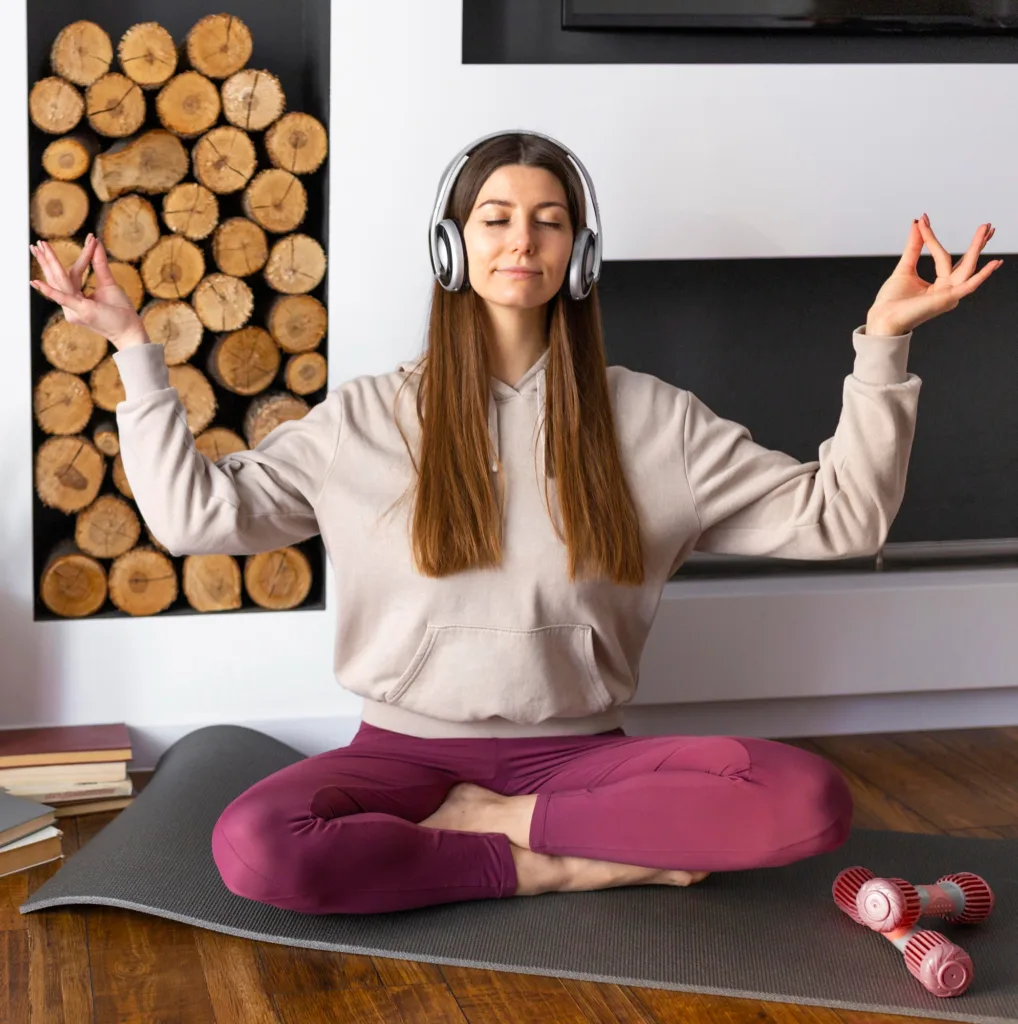
How to Implement Guided Meditations for Depression and Anxiety: Putting It into Practice
Incorporating guided meditation into your daily routine can be an effective tool for managing depression and anxiety. But how can you make sure you’re doing it right? Here are some practical strategies to make guided meditation a habit and experience its benefits:
1.Choose the right guided meditation resources –
Start by finding quality guided meditations that work for you. There are countless apps, websites, and videos available, so consider trying a few to see what resonates with you. Look for meditations that focus on relaxation, mindfulness, and emotional well-being.
2. Set aside time for meditation –
Consistency is key when it comes to experiencing the transformative effects of guided meditation. Schedule a time and place for meditation that works for you and stick to it. Consistency will help you develop a habit and make it easier to incorporate guided meditation into your daily life.
3. Create a comfortable meditation space –
To get the most out of your guided meditation practice, it’s important to create a safe and nurturing environment. Find a quiet space where you won’t be distracted and make sure you feel comfortable and at ease. Light candles, use soft blankets, or add some cushions to create a cozy atmosphere.
4. Focus on your breath –
As you begin your guided meditation, focus on your breath and let go of any distracting thoughts. Your breath is an anchor that can help you stay present and focused. Pay attention to your inhalations and exhalations, taking slow, deep breaths that help you relax.
5. Be kind to yourself –
Don’t worry if you find your mind wandering during your guided meditation. It’s normal to have thoughts, emotions, and distractions pop up. Instead of judging yourself, simply notice your thoughts and gently bring your attention back to your breath or the guided meditation. Remember, the practice of meditation is about cultivating self-awareness and non-judgmental acceptance.
By incorporating these strategies into your guided meditation practice, you can experience the full benefits of this powerful tool for managing depression and anxiety.
Enhancing Emotional Well-Being: A Holistic Approach
Guided meditation is a powerful tool for managing depression and anxiety, but a holistic approach to enhancing emotional well-being can further support you on your journey towards lasting serenity. Here are some additional self-care practices, lifestyle adjustments, and resources that you can explore:
Physical Activity
Regular exercise has been proven to improve physical health and contribute to positive emotional well-being. Consider incorporating physical activity, such as yoga or walking, into your daily routine.
Nutrition
The food we eat can have a significant impact on our mood and overall well-being. Incorporating nutrient-rich foods such as fresh fruits and vegetables, whole grains, and lean proteins can boost your emotional resilience and enhance your energy levels.
Sleep Hygiene
Poor sleep quality can exacerbate symptoms of depression and anxiety. Establishing a sleep routine, avoiding electronics before bed, and creating a comfortable sleep environment can improve the quality of your sleep and support your emotional health.
Relaxation Techniques to Deal with Guided Meditations for Depression and Anxiety
In addition to guided meditation, consider incorporating other relaxation techniques such as aromatherapy or massage therapy into your self-care routine. These practices can enhance relaxation and promote a sense of calm.
Social Support
Building a supportive social network can provide a source of comfort and connection during difficult times. Consider joining a support group or participating in social activities that align with your interests and values.
Professional Support to manage Guided Meditations for Depression and Anxiety
If you are struggling with depression or anxiety, consider seeking professional support from a therapist or mental health practitioner. They can provide personalized support and guidance in managing your symptoms and enhancing your emotional well-being.
By adopting a holistic approach to managing depression and anxiety, incorporating guided meditation into your self-care practice, and utilizing additional resources, you can enhance your emotional well-being and achieve lasting serenity in your life.

Guided Meditations for Depression and Anxiety – Conclusion
Throughout this guide, we have explored the powerful potential of guided meditation in managing depression and anxiety. By using guided meditation, we can cultivate mindfulness, promote relaxation, and develop resilience. With consistent practice and the right resources, we can transform our emotional well-being and find a sense of peace amidst life’s challenges.
Benefits of Lifestyle Adjustments
However, it is important to remember that guided meditation is just one tool in our arsenal for enhancing emotional well-being. It must be used in conjunction with other self-care practices, lifestyle adjustments, and professional support where necessary.
As we continue on our journey towards lasting serenity, let us adopt a holistic approach to emotional well-being. By committing to self-care and incorporating guided meditation into our daily routines, we can unleash the transformative power of this practice and experience the full potential of our emotional well-being.
Free neowake® session for deep relaxation!
Depression is not only characterized by sadness, but also by symptoms such as listlessness, sleep disorders, concentration problems and reduced self-esteem. It can be caused by a combination of genetic, biological, environmental, and psychological factors. Fortunately, research shows that mental training can be an effective way to help treat depression.
CLICK ON THE IMAGE TO DOWNLOAD (TRY IT FOR FREE)
FAQ
What are guided meditations for Depression and Anxiety?
Guided meditation is a practice that involves a trained guide or instructor leading you through a meditation session. They use verbal cues and soothing tones to help you relax, focus your mind, and explore inner awareness.
What Guided Meditations for Depression and Anxiety Aid in Alleviating Symptoms
Guided meditation can be a powerful tool for managing depression and anxiety. It helps calm the mind, reduce stress, and cultivate self-awareness. By focusing on the present moment and observing thoughts and emotions, it can provide a sense of relief and clarity.
Are guided meditations for Depression and Anxiety suitable for beginners?
Absolutely! Guided meditation is suitable for everyone, including beginners. The instructions provided by the guide make it easier to stay focused and navigate through the meditation process. It’s a great way to start your mindfulness journey.
How often should I practice guided meditations for depression and anxiety?
The frequency of your guided meditation practice depends on your personal preference and schedule. Ideally, aim for at least 10-15 minutes a day to start. Consistency is key to experiencing the long-term benefits of meditation.
Can Guided Meditations for Depression and Anxiety Substitute Therapy or Medications?
Guided meditation is not a substitute for therapy or medication. However, it can be a complementary practice that enhances the effectiveness of other treatments. Consult with a mental health professional for a personalized treatment plan.
Where can I find recourses for guided meditations for depression and anxiety?
Many online platforms and mobile apps offer guided meditations specifically designed for depression and anxiety. Some popular ones include Headspace, Calm, and Insight Timer. You can also find guided meditations on YouTube and through local meditation centers or therapists.
Can I practice guided meditations for depression and anxiety on my own?
While it’s beneficial to have guidance from a trained instructor, you can practice guided meditation on your own as well. The key is to find reputable resources, follow the instructions mindfully, and create a peaceful environment for your practice.
Could ‘Guided Meditations for Depression’ and Anxiety Aggravate Symptoms?
It is rare for guided meditation to make depression or anxiety worse. However, if you find that certain themes or instructions trigger negative emotions, it’s important to communicate with your guide or therapist. They can help tailor the practice to suit your needs and provide additional support.
What other self-care practices can complement guided meditations for depression and anxiety?
Various self-care practices can complement guided meditation, such as regular exercise, healthy eating, getting sufficient sleep, and engaging in activities that bring you joy and relaxation. It’s important to take a holistic approach to your well-being.
Can children and teenagers benefit from guided meditations for depression and anxiety?
Yes, guided meditation can be beneficial for children and teenagers with depression and anxiety. It can help them develop emotional resilience, manage stress, and improve overall well-being. However, it’s important to use age-appropriate resources and tailor the practice to their specific needs.
